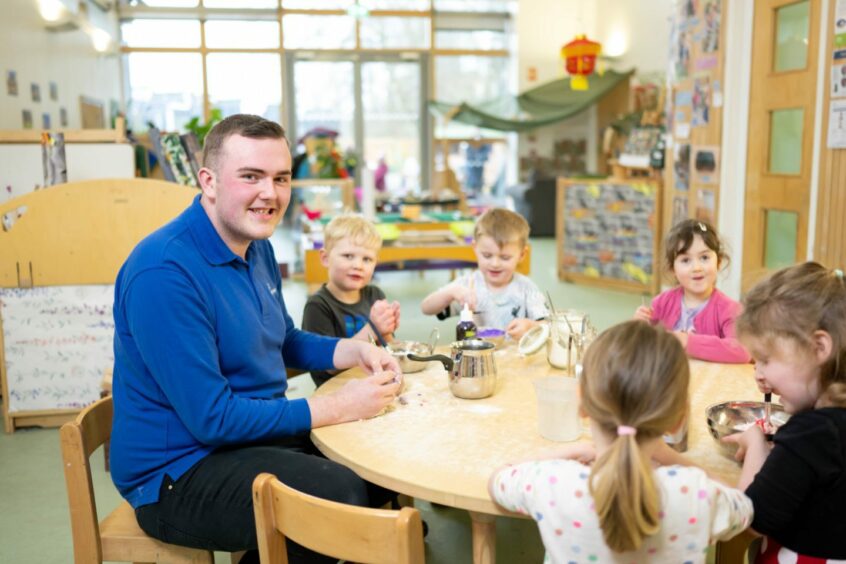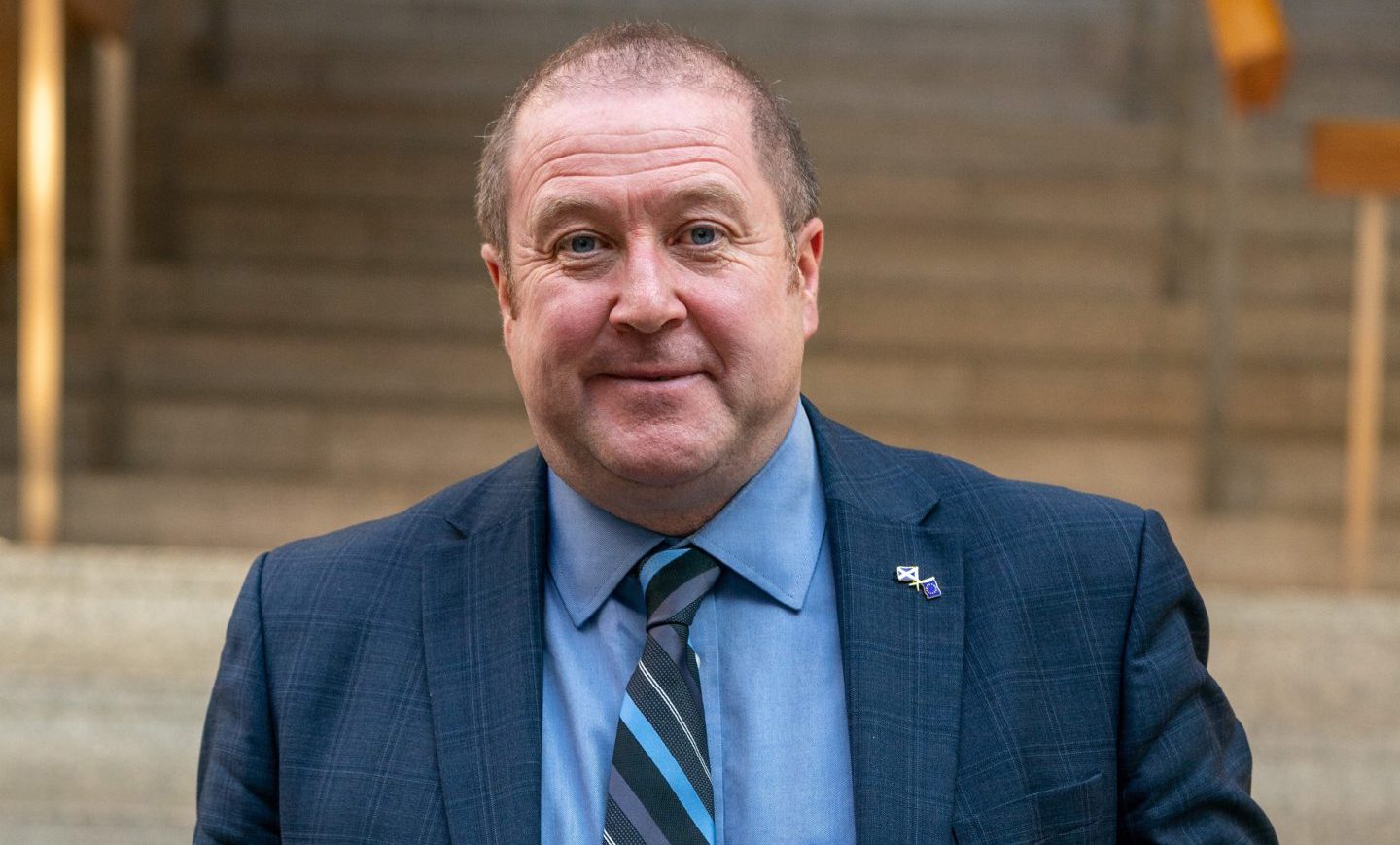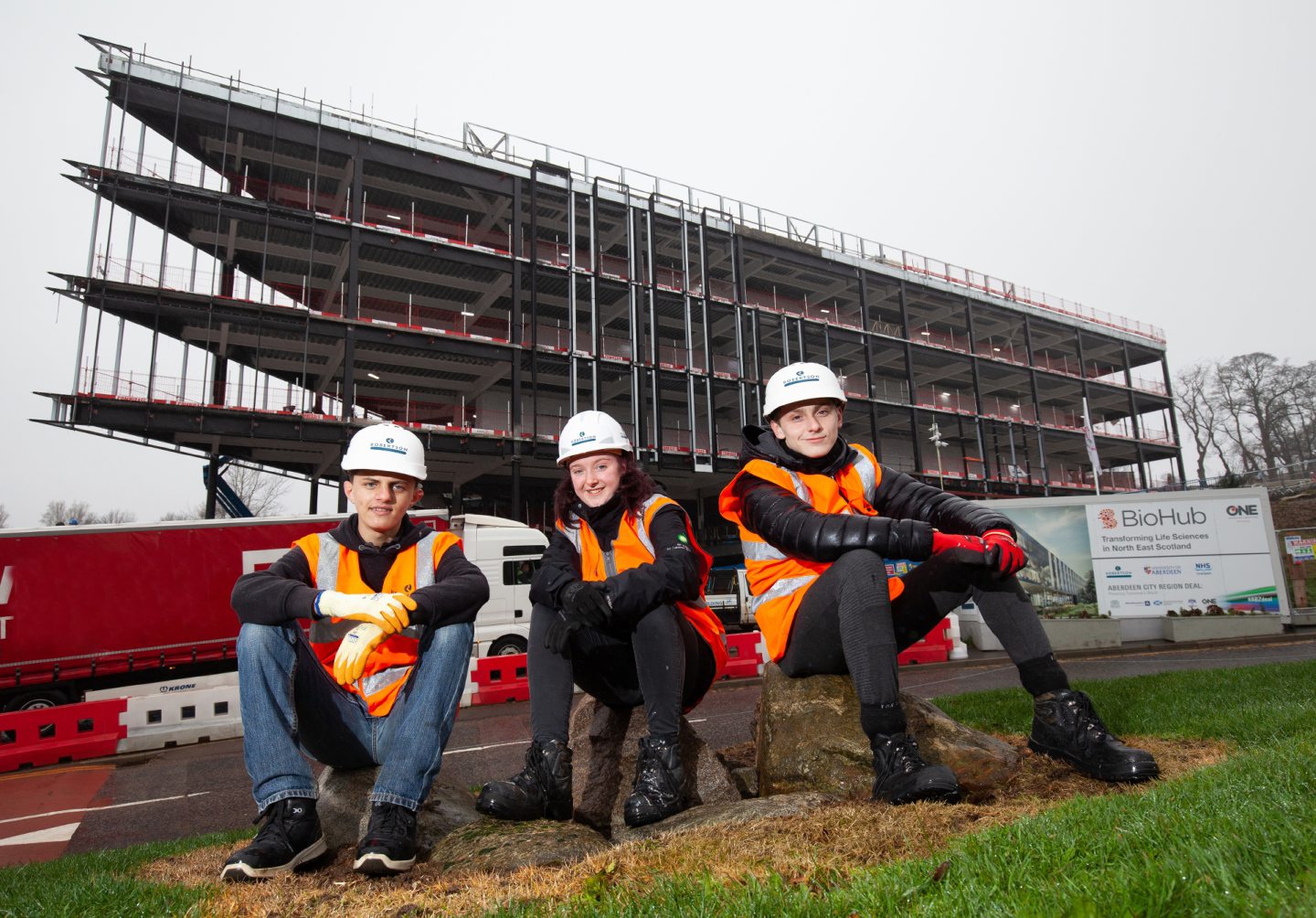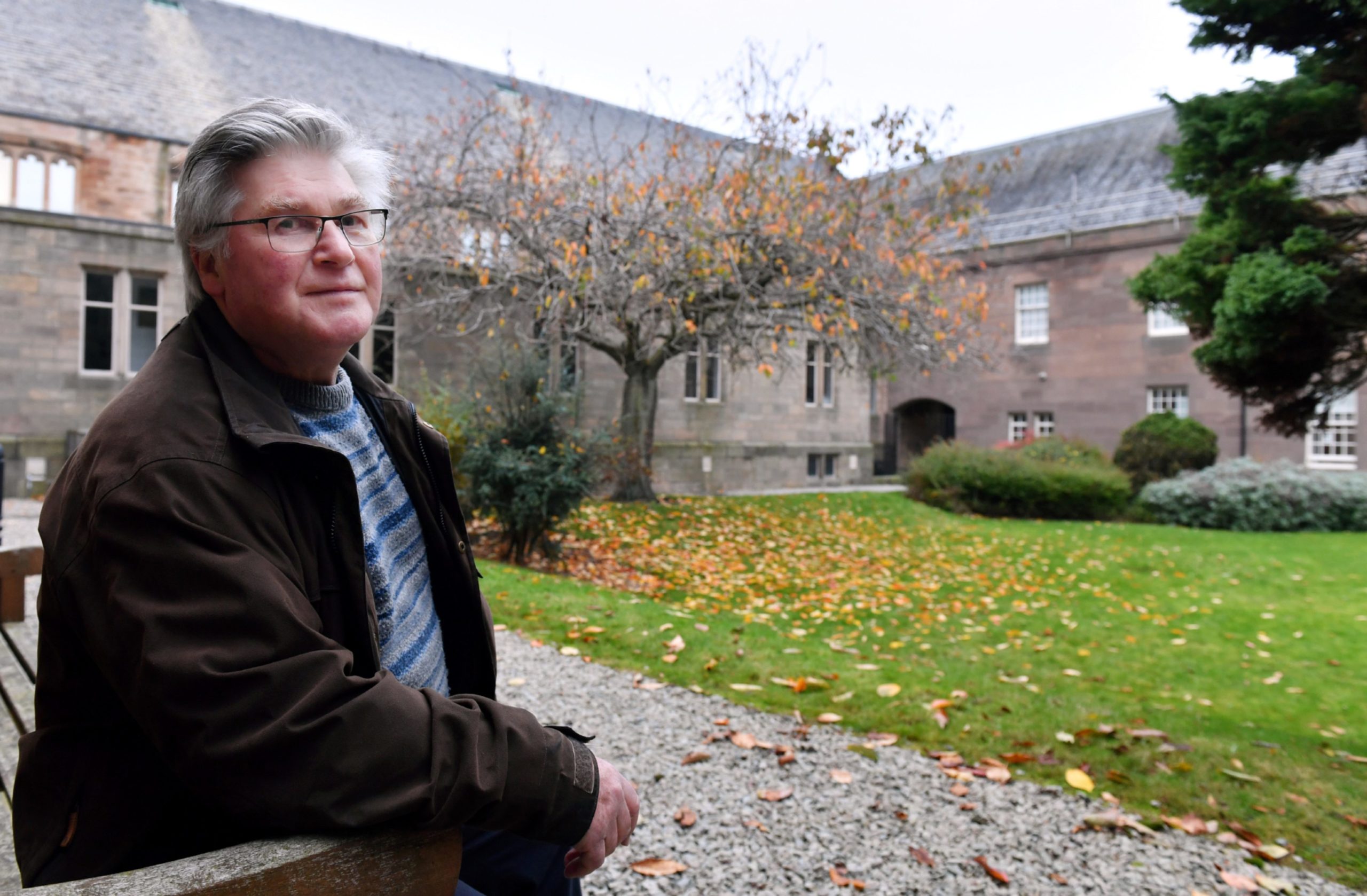
John Corall has never forgiven the “one size fits all” approach to education which he believes “failed” at least one generation of youngsters in Scotland.
The former SNP Aberdeen councillor and teacher vividly recalls how the emphasis shifted in the 1980s and 1990s from providing students with practical training and apprenticeships to a culture where everything revolved around gaining access to universities and colleges and the balance tilted away dramatically from brass tacks to random theory.
He told me: “I well remember the members of the Home Economics Panel saying they wanted to make cooking scientific and they wanted us to make it into a science where the constituent ingredients were analysed instead of making something.
It was all theory and no practice
“So they made it clear they would rather teach kids about the constituents of a pizza than teach them how to make one. That is when the rot set in.”
However, it may be that the wheel has turned full circle. Nowadays, university degrees aren’t an automatic path to gainful employment. On the contrary, many graduates are finding it difficult to convince employers to hire them and I spoke to several last week who described their arts qualifications as “meaningless, unless we want to teach”.
But there is a growing recognition of the value of providing training and expertise in the construction, production and manufacturing sectors which urgently need these skills.
This week saw the exam timetable come to an end with senior phase pupils either embarking on a new set of classes, or putting their school days behind them.
The Moray MP – the only party chief at Holyrood not to have gone on to higher education – attended the Scottish Agricultural College and previously worked on a dairy farm near Forres in Moray.
A degree offers no job guarantee
He said last week: “Our education system is built around the outdated notion that a university degree is the universal golden ticket to success in the modern Scottish economy. That is what pupils are told in schools and where public money goes.
“We need to look at the over-emphasis on university degrees in our current education system and encourage more young people to take alternative approaches to what is essentially four years of study with no guarantee of good employment at the end.
“As someone who never went to university, I can confidently say that that there are other routes to success.”
Such a process is already gathering momentum, according to new figures. More than 25,000 new modern apprenticeships were created by Scotland’s employers in the past year, surpassing the Scottish Government’s target and helping apprenticeship job creation move closer to what it was before the Covid pandemic.
Statistics from Skills Development Scotland, revealed that there were 25,447 modern apprenticeship starts from April 2022 to March 2023. And the number of apprentices in training throughout the country is at the highest-ever level, at around 39,000.
Minister for Higher and Further Education, Graeme Dey said: “Supporting skills development across people’s lifetimes is critical to our future productivity and success, underlining our commitment to a skilled workforce which is set out within the National Strategy for Economic Transformation.
“Our priority is for high quality apprenticeships that provide sustainable jobs and careers, supporting our transition to net zero.”
This needs to be the way forward
He was backed by SDS chairman, Frank Mitchell, who recognises the importance of shifting the focus away from universities to alternative education schemes.
He said: “These apprenticeships have been taken up by individuals from across society, including many young people traditionally with limited prospects to progress who have gone on to flourish in the workplace.
“These are real jobs backed by employers who contribute £10 for every £1 spent by government, and at the same time, apprentices contribute by paying their taxes.”
A range of apprenticeships available
In the past, most apprentices were involved in construction and trades such as joinery, carpentry, plumbing and as electricians; the sort of jobs nowadays which often offer a more lucrative future than anything wrapped in parchment from a university.
But the range of modern apprenticeships extends into every field from sport, health and social care to IT, hospitality, tourism, energy, engineering, automotive, administration, transport, customer service and food and drink.
And, whereas the majority of those involved 20 or 30 years ago were young males, the most recent tranche of apprenticeship starts in 2022-23 comprised 62% males (15,644) and 38% females (9,625), reflecting the shifting patterns in the workplace.
And we talked to one Aberdonian who has nothing but praise for the scheme.
Declan Hoskins channelled his passion for childcare to inspire other young people to follow his career path. The 22-year-old played a key role in supporting and mentoring foundation apprentice school pupils through the pandemic by providing virtual work placements, offering constructive feedback on activities they had planned remotely, and spurring them on to keep going.
Declan started his own learning journey with Aberlour Futures, as the prelude to completing a modern apprenticeship in social services (children and young people).
At the moment, he leads the pre-school room at the nursery run by Bright Horizons in the Granite city, monitoring and supervising staff to ensure his team delivers exceptional care, as well as developing relationships with parents and carers.
‘I love to share my enthusiasm’
He said: “The modern apprenticeship appealed to me because of the opportunity to get hands-on experience at work.
“Reflecting on my learning every day of my apprenticeship meant that I was constantly building on my skills. I would never have gained the same insights into child development without doing the qualification while I was working.
“Being part of a team and having people who believe in me improved my confidence – I love to share my enthusiasm for the job with others and support them too.”
Declan’s achievements led to him winning the Apprentice Ambassador of the Year category, sponsored by Arnold Clark, at the Scottish Apprenticeship Awards.
And the Scottish Government has continued its commitment to apprenticeships with an ambition to deliver up to 25,500 modern apprenticeship starts in 2023-24.
But, although Mr Ross has urged them to be more ambitious and invest more money across the country, cross-party consensus will only take you so far at Holyrood.
There have to be different pathways
A Scottish Government spokesman said: “Some people will go down a vocational route, for others it will be more academic, and for many it will be a mixture of both. The idea that one route has greater value than any other is not one that ministers share.
“Instead, we want to make the system fit the needs of the people of Scotland, so that everyone can fulfil their potential and contribute to our society, economy and place in the wider world.”
Yet not everybody is convinced that the current apprenticeship initiatives are doing much more than scratch the surface for the more than 300,000 secondary school pupils who are preparing for different futures across Scotland.
Mr Corall, who worked for 36 years in education, first in Grampian and then the whole of the country, told me: “Disadvantaged youngsters are being even more disadvantaged by being forced to attend school where there are only inappropriate courses for them in the timetable.
“Is it any wonder that youngsters who have no interest in academia are up in arms? We are doing them a disservice.”





